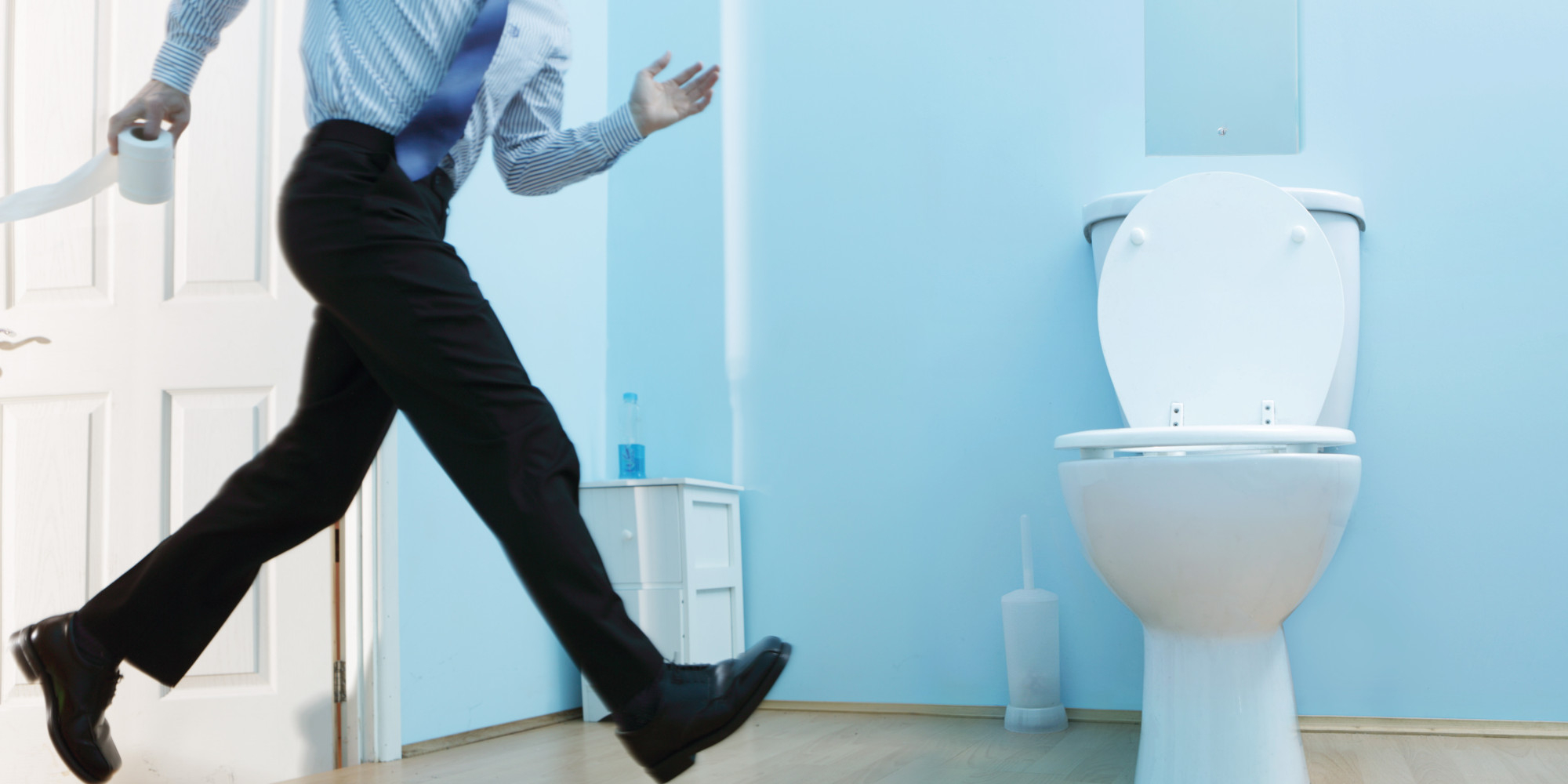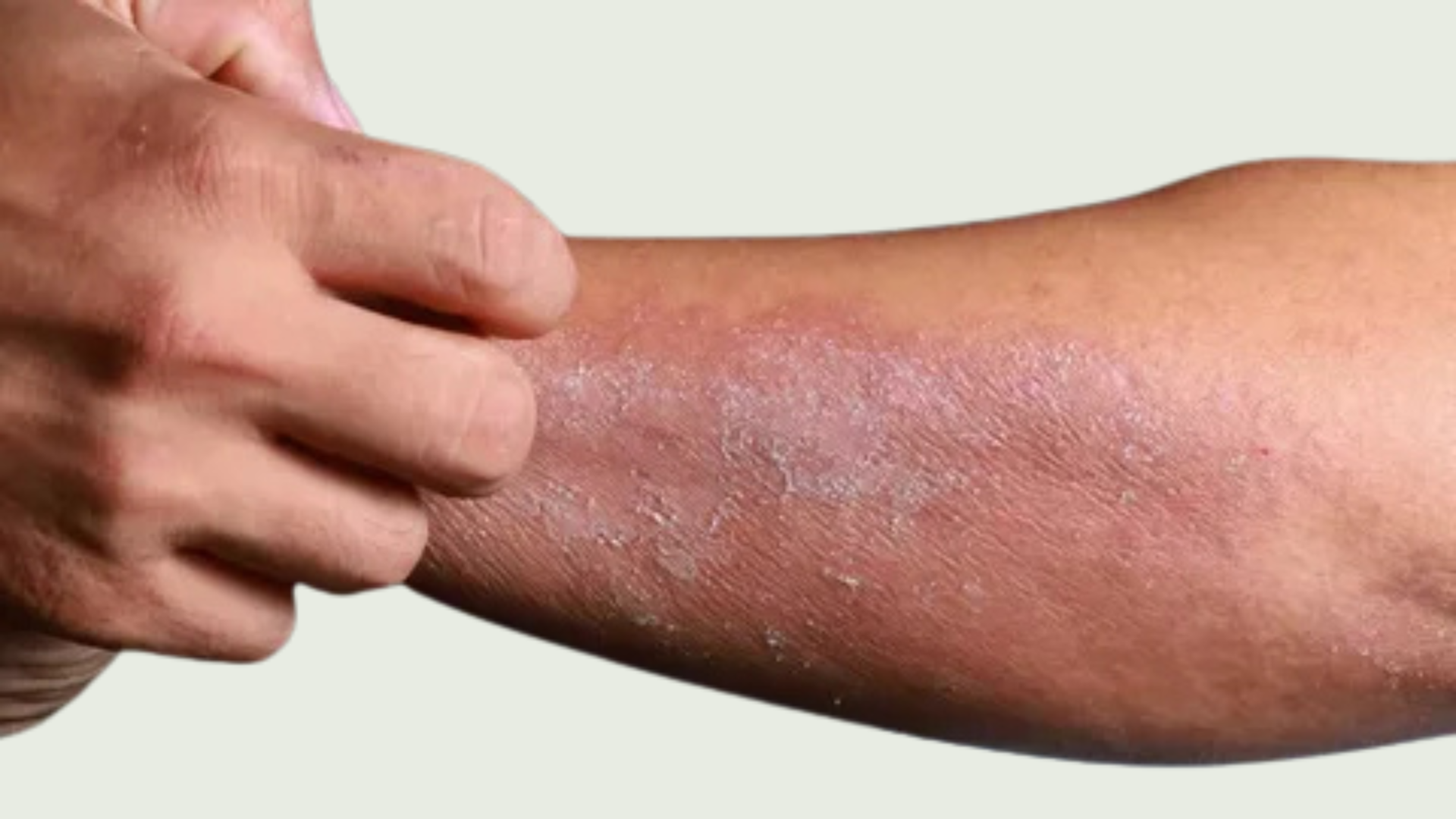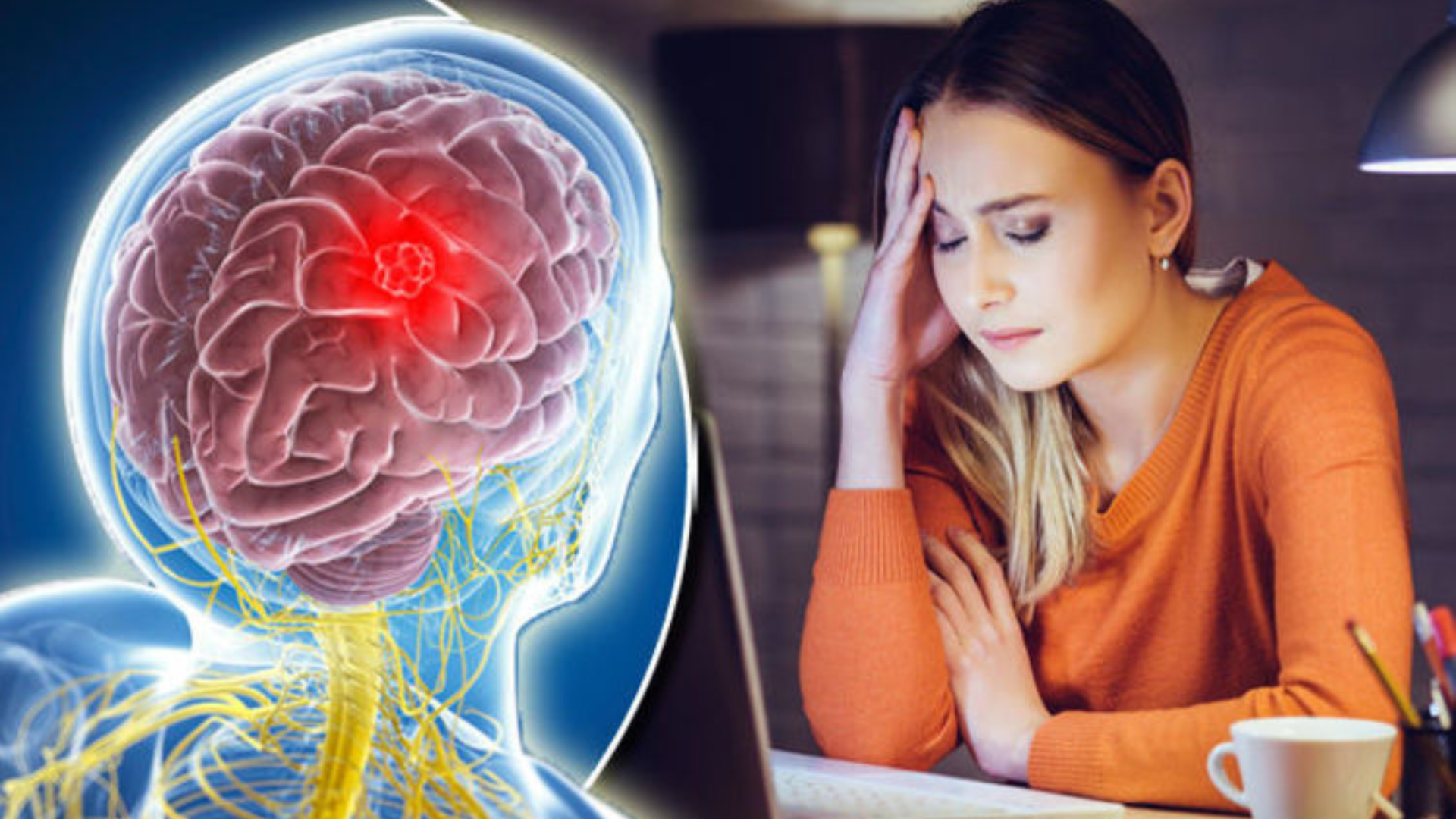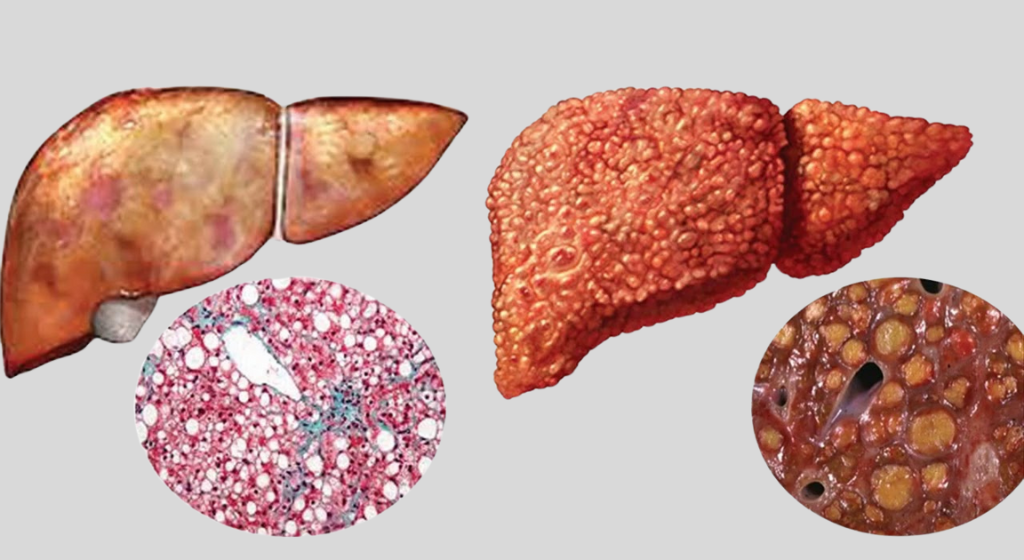Symptoms and Causes of Bladder Wall Inflammation
Bladder wall inflammation, also known as cystitis, is a common infection of the lower urinary tract. It specifically refers to inflammation of the bladder wall. While often not serious, it can be uncomfortable and may lead to complications if left untreated. In most cases, mild bladder wall inflammation resolves on its own within a few days. However, if symptoms persist for more than four days, it is essential to see a doctor.
Symptoms of Bladder Wall Inflammation
The primary symptoms of bladder wall inflammation may include:
- Pain, burning, or stinging during urination.
- A strong, urgent need to urinate.
- General feelings of discomfort, pain, illness, fatigue, or a mild fever.
- Frequent urination, often with only small amounts of urine.
- Pain or pressure in the lower abdomen.
- Dark, cloudy, or foul-smelling urine.
- Cramps in the lower back or abdomen.
- Pain during sexual intercourse.
- Emotional effects, such as feelings of depression or anxiety.
For young children, possible symptoms of bladder wall inflammation may include:
- Abdominal pain.
- An urgent or frequent need to urinate.
- A high fever of 38°C (100.4°F) or higher.
- Weakness, fatigue, or irritability.
- Poor appetite and vomiting.
Causes of Bladder Wall Inflammation
Bladder wall inflammation is typically caused by a bacterial infection. Bacteria enter the bladder through the urethra, leading to infection. Although the body usually flushes out these bacteria during urination, sometimes they can adhere to the walls of the urethra or bladder or multiply too quickly, making it difficult for the body to eliminate them entirely.
Women are generally more susceptible to these infections than men, mainly because their urethra is shorter and closer to the anus. The risk of infection increases after sexual intercourse, and the use of female contraceptives or hormonal changes from menopause can further heighten the likelihood of urinary tract infections.
Risk Factors for Bladder Wall Inflammation
Several factors can increase the risk of developing bladder wall inflammation, including:
- Using a urinary catheter.
- Bladder or urethral blockages.
- Diabetes.
- An enlarged prostate, urethral stricture, or other conditions that restrict urine flow.
- Loss of bowel control.
- Advanced age.
- Pregnancy.
- Problems emptying the bladder completely (urinary retention).
- Having undergone urinary tract procedures.
- Prolonged immobility, such as during recovery from a hip fracture.
When to See a Doctor
Seek immediate medical attention if you experience symptoms of a kidney infection, such as:
- A high fever.
- Pain in the side or back.
- Shivering or chills.
- Vomiting.
- An upset stomach.







